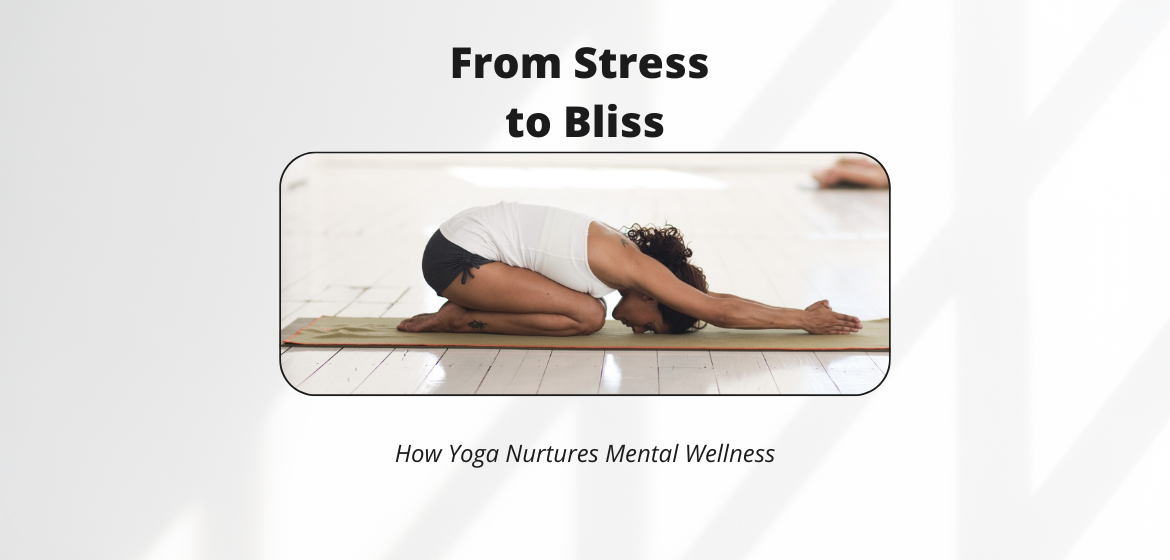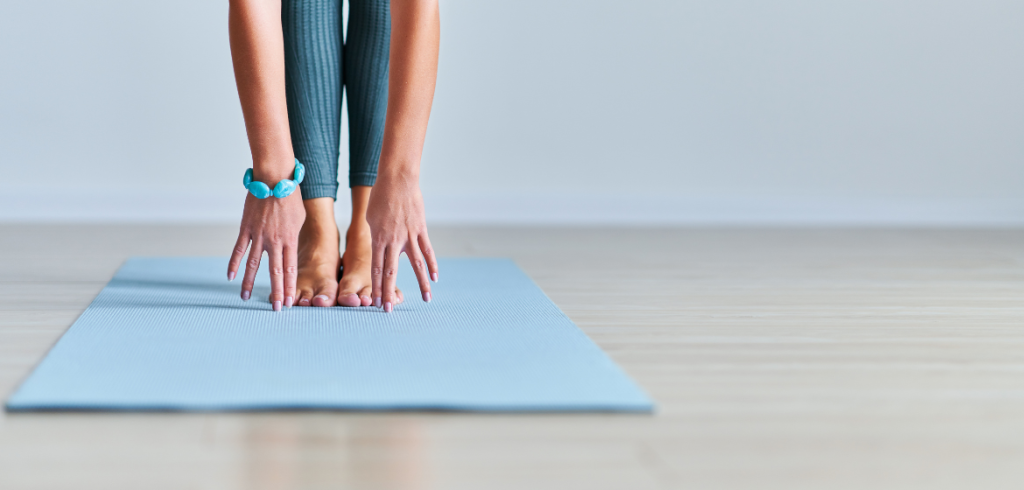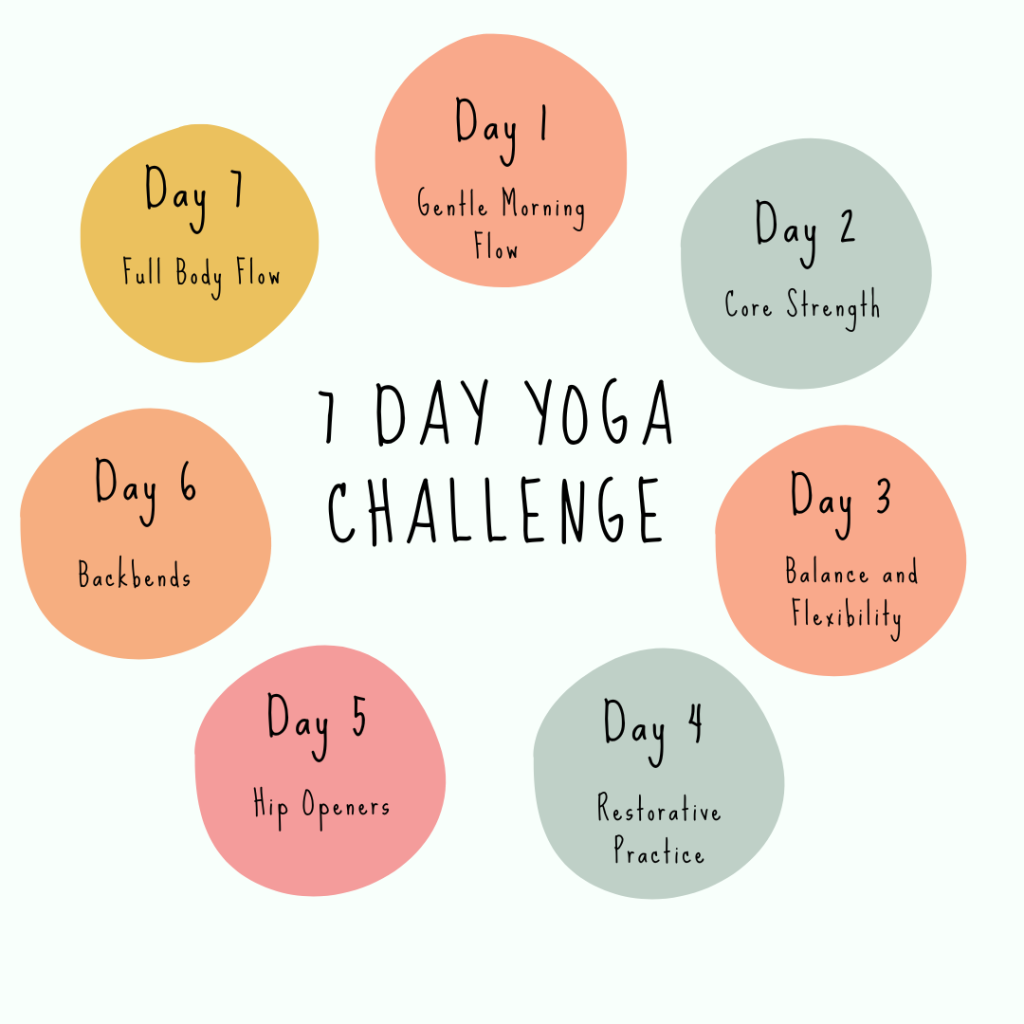
From Stress to Bliss: How Yoga Nurtures Mental Wellness
World Yoga Day, also known as International Day of Yoga, is celebrated annually on June 21st. It was established by the United Nations General Assembly in 2014 following a proposal by India’s Prime Minister, Narendra Modi. The day aims to raise awareness about the benefits of yoga and promote its practice worldwide.
Yoga, an ancient practice originating in India, has gained immense popularity worldwide due to its holistic approach to health and well-being. While yoga is widely recognised for its physical benefits, its impact on mental health is equally significant.
Yogas Benefits for Mental Health
Yoga is one of those practices which takes the mental side of things as much into account as the physical. Here are some of the benefits it can have:
- The Mind-Body Connection: Yoga emphasizes the interconnectedness of the mind and body, recognizing that a healthy mind is essential for overall well-being. The practice of yoga involves physical postures (asanas), breathing exercises (pranayama), and meditation, which collectively promote the integration of body and mind. Scientific studies have demonstrated that yoga can reduce stress, anxiety, and depression, enhance mood, and improve cognitive function.
- Stress Reduction and Relaxation: Chronic stress has become a prevalent issue in modern society, leading to a range of mental health problems. Yoga offers a powerful antidote to stress by activating the body’s relaxation response through controlled breathing, gentle movements, and focused attention. Practices like restorative yoga, Yoga Nidra, and mindfulness meditation help reduce stress hormone levels, promote relaxation, and improve overall mental well-being.
- Emotional Regulation and Mood Enhancement: Yoga provides a safe and supportive space to explore and regulate emotions. By cultivating mindfulness and self-awareness, practitioners can better understand and manage their emotional experiences. Yoga postures, combined with conscious breathing, release physical and emotional tension, facilitating emotional balance and resilience. Studies have shown that regular yoga practice can improve mood, increase positive emotions, and reduce symptoms of depression and anxiety.
- Anxiety Management: Anxiety disorders are prevalent worldwide, and many individuals seek complementary approaches to manage their symptoms. Yoga offers a promising tool for anxiety management by activating the parasympathetic nervous system, inducing a state of relaxation and calmness. Practices such as deep breathing, forward bend, and gentle inversions can help reduce anxiety levels, improve emotional well-being, and enhance the overall quality of life.
- Improved Cognitive Function: Yoga has been shown to enhance cognitive functions, including attention, memory, and executive functions. The combination of physical movement, breath control, and mental focus in yoga practice stimulates neuroplasticity, promoting the growth and connectivity of brain cells. Research suggests that regular yoga practice can enhance cognitive performance, increase mental clarity, and improve overall brain health.
- Self-Reflection and Self-Acceptance: Yoga encourages self-reflection and self-acceptance, fostering a positive relationship with oneself. Through mindfulness practices and self-observation, individuals develop a non-judgmental attitude and self-compassion. This shift in mindset promotes self-acceptance, reduces self-criticism, and enhances self-esteem. Yoga’s emphasis on cultivating gratitude and embracing the present moment also contributes to a greater sense of contentment and overall well-being.
- Social Connection and Community Support: Yoga classes and communities provide a supportive environment for individuals to connect with others and combat feelings of isolation. Group yoga classes foster a sense of belonging and shared experiences, promoting social connection and emotional support. The supportive relationships formed within yoga communities can help combat mental health challenges and create a sense of belonging and support.

Yoga Practices for Mental Well-Being
Yoga offers a variety of practices that can be beneficial for mental health. Here are some of the best yoga practices to support and promote mental well-being:
Asanas (Physical Postures): Practicing yoga asanas helps release tension, increase body awareness, and improve overall physical well-being. Some specific poses that are beneficial for mental health include:
- Child’s Pose (Balasana): This helps calm the mind and release stress and anxiety.
- Downward-Facing Dog (Adho Mukha Svanasana): Relieves tension, energizes the body, and improves blood flow to the brain.
- Bridge Pose (Setu Bandhasana): Helps reduce anxiety, fatigue, and depression by opening the chest and energizing the body.
- Legs-Up-the-Wall Pose (Viparita Karani): Promotes relaxation, relieves stress, and soothes the nervous system.
Pranayama (Breathing Exercises): Focused breathing techniques can have a profound impact on mental health by calming the mind, reducing stress, and increasing mental clarity. Some beneficial pranayama practices include:
- Deep Belly Breathing (Diaphragmatic Breathing): Inhaling deeply into the belly and exhaling fully, which activates the body’s relaxation response.
- Alternate Nostril Breathing (Nadi Shodhana Pranayama): Balances the energy channels in the body and promotes mental clarity and emotional stability.
- Kapalabhati (Skull-Shining Breath): An energizing breathing technique that helps invigorate the mind and release accumulated stress and tension.
Meditation: Regular meditation practice can significantly improve mental well-being by reducing stress, enhancing self-awareness, and promoting emotional stability. Different meditation techniques can be incorporated into your yoga practice, including:
- Mindfulness Meditation: Focusing on the present moment, observing thoughts and sensations without judgment.
- Loving-Kindness Meditation (Metta Meditation): Cultivating feelings of love, compassion, and kindness towards oneself and others.
- Transcendental Meditation: Using a mantra to achieve a deep state of relaxation and mental clarity.
Yoga Nidra: Known as “yogic sleep,” Yoga Nidra is a guided relaxation practice that promotes deep relaxation, stress reduction, and mental rejuvenation. It helps release tension, calm the nervous system, and improve overall well-being.
Sun Salutations (Surya Namaskar): A dynamic sequence of yoga postures performed in a flow, Sun Salutations provide a cardiovascular workout while also improving mental focus, boosting energy levels, and promoting a sense of well-being.
7-Day Yoga Challenge for Beginners
Day 1: Gentle Morning Flow Start your day with a gentle yoga flow to wake up your body. Begin with a few rounds of Sun Salutations (Surya Namaskar) to warm up your muscles. Follow with gentle standing poses like Mountain Pose (Tadasana), Forward Fold (Uttanasana), and Warrior II (Virabhadrasana II). End with a few minutes of relaxation in Corpse Pose (Savasana).
Day 2: Core Strength Focus on building core strength and stability. Practice poses like Plank Pose (Phalakasana), Boat Pose (Navasana), and Bridge Pose (Setu Bandhasana). Include a few rounds of Cat-Cow Pose (Marjaryasana-Bitilasana) to warm up your spine.
Day 3: Balance and Flexibility Work on improving balance and flexibility. Incorporate poses like Tree Pose (Vrikshasana), Warrior III (Virabhadrasana III), and Triangle Pose (Trikonasana). Include gentle stretches for the hamstrings, hips, and shoulders.
Day 4: Restorative Practice Take a day for gentle, restorative yoga to relax and release tension. Include poses like Child’s Pose (Balasana), Supported Bridge Pose (Setu Bandha Sarvangasana), and Legs-Up-the-Wall Pose (Viparita Karani). Focus on deep breathing and allow yourself to unwind and rejuvenate.
Day 5: Hip Openers Spend this day working on opening and releasing tension from your hips. Practice poses like Pigeon Pose (Eka Pada Rajakapotasana), Butterfly Pose (Baddha Konasana), and Low Lunge (Anjaneyasana). Incorporate gentle hip-opening stretches throughout your practice.
Day 6: Backbends Explore backbends to open your heart and strengthen your back. Include poses like Cobra Pose (Bhujangasana), Sphinx Pose (Salamba Bhujangasana), and Upward-Facing Dog (Urdhva Mukha Svanasana). Remember to listen to your body and go at your own pace.
Day 7: Full Body Flow Combine the poses you’ve learned throughout the week into a full-body flow. Start with a warm-up, then move through a sequence that includes standing poses, balancing poses, and gentle twists. End your practice with a few minutes of relaxation and gratitude.
Remember to listen to your body!!! Take breaks when needed, and modify poses as necessary. Enjoy the journey of exploring yoga and discovering what feels good for you.


























